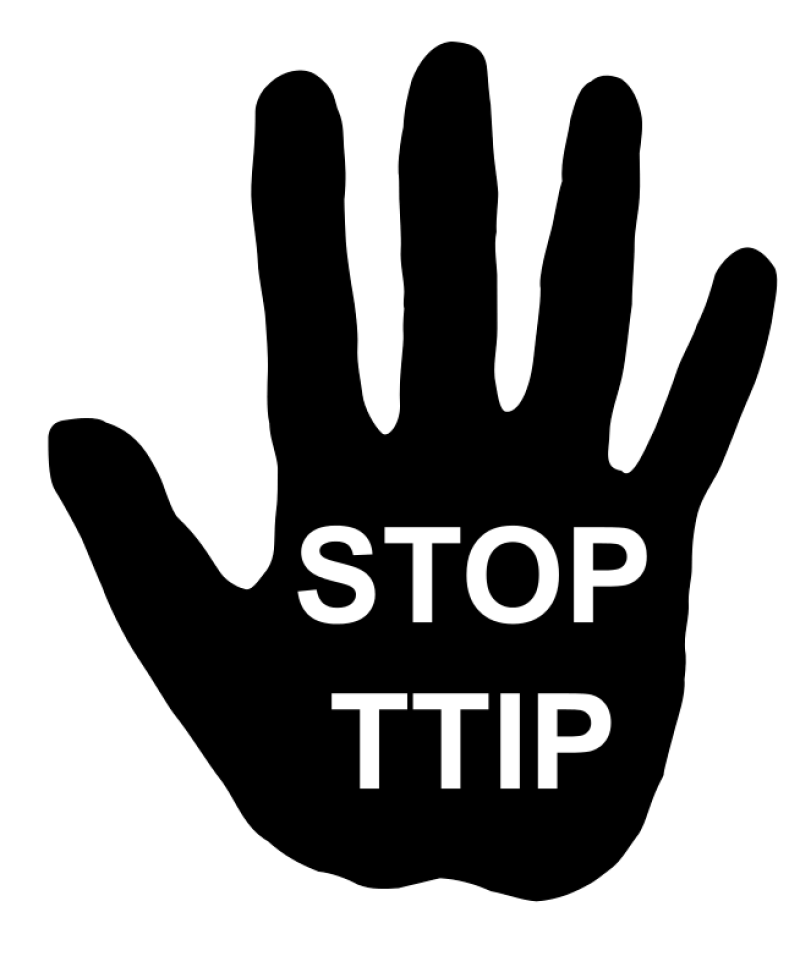In early 2013, President Barack Obama’s call for a U.S.-EU trade deal generated such optimism in Europe that the graffiti “NO TAFTA, NO TTIP” scrawled under a bridge near the EU headquarters in Brussels was an isolated message of dissent.
More than two years on, with the graffiti still there, European officials are ruing their failure to spot early signs of opposition to the Transatlantic Trade and Investment Partnership (TTIP), also known unofficially as the Trans-Atlantic Free Trade Agreement (TAFTA).
The bureaucrats are finally fighting back in a public relations battle against outspoken activists adept at sound bites, branding and social media.
Using some of the tools employed by anti-trade campaigners, the European Commission, which is negotiating with the United States for a deal which may still be a year off, has taken the unusual step of launching video clips on YouTube.
While few people complain about the prospects of a car made to U.S. standards being sold in Europe and vice versa, European critics have voiced concern that the EU will lower health, consumer safety and environmental standards, for example fully opening up to GM crops, widely used in America but viewed with suspicion in Europe.
A pan-European protest movement known as ‘STOP TTIP’ has sprung up, supported by hard left and environmental activists, but also regular Europeans who worry about the impact on jobs, food safety and the power of multinationals.
Some activists say TTIP will force Europeans to eat chlorine-washed chicken or meat from cattle fed growth-enhancing hormones. An EU video describes these ideas as like vampires and garlic: “pure fantasy”.
The GLP aggregated and excerpted this blog/article to reflect the diversity of news, opinion and analysis. Read full, original post: EU steps up PR campaign to overcome U.S. trade deal hostility































